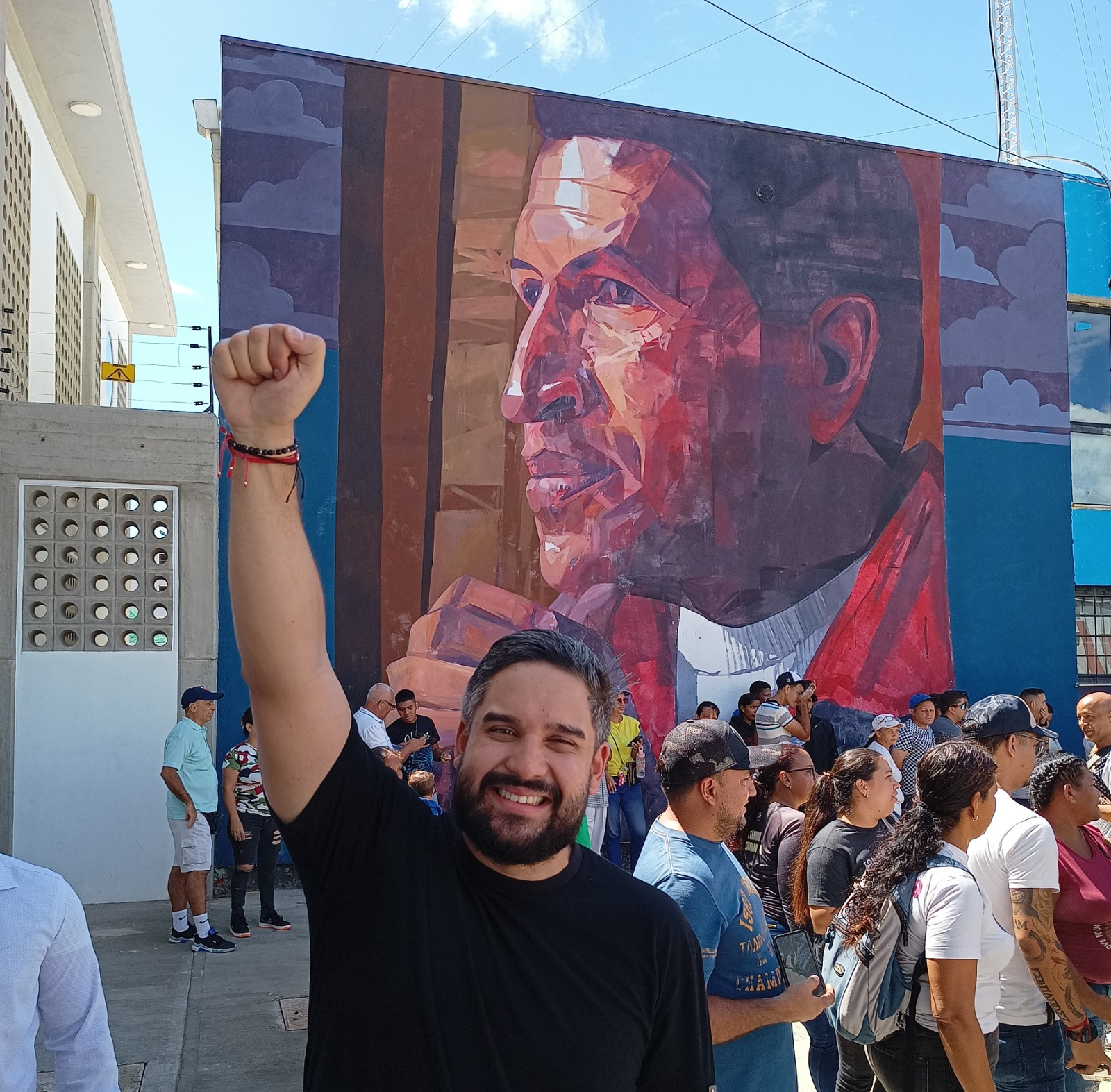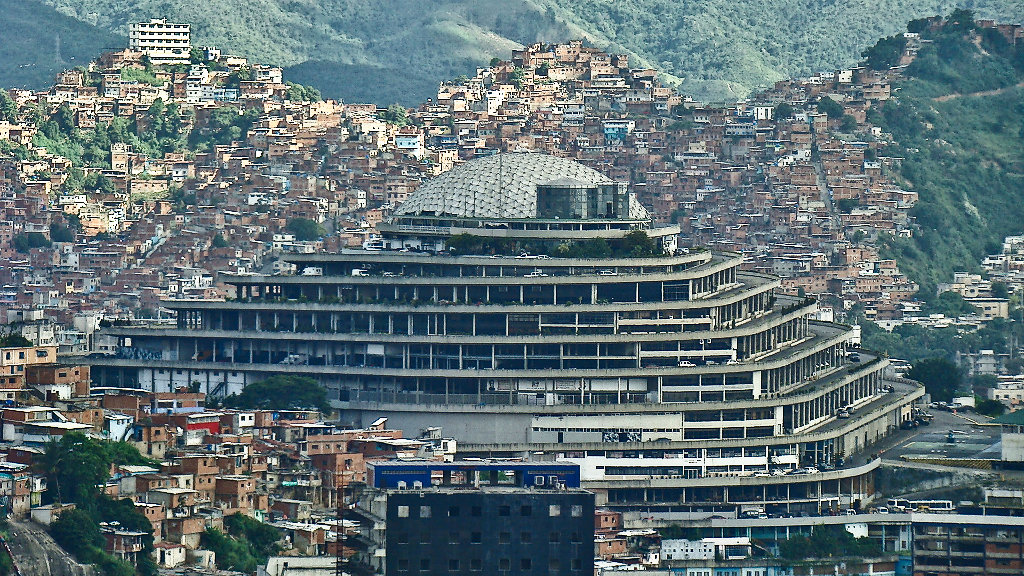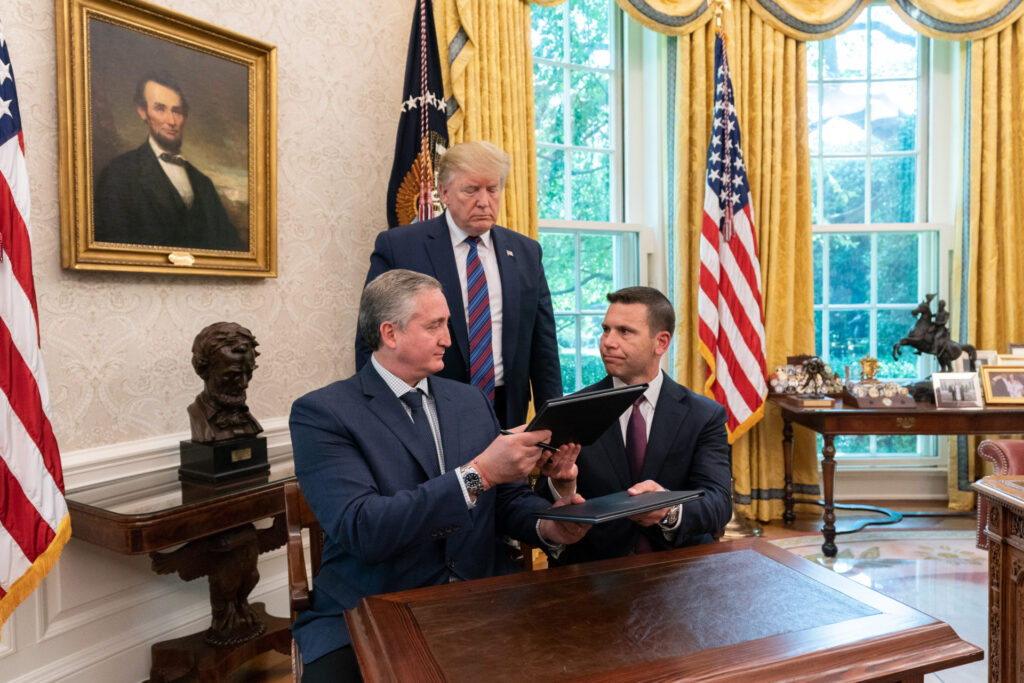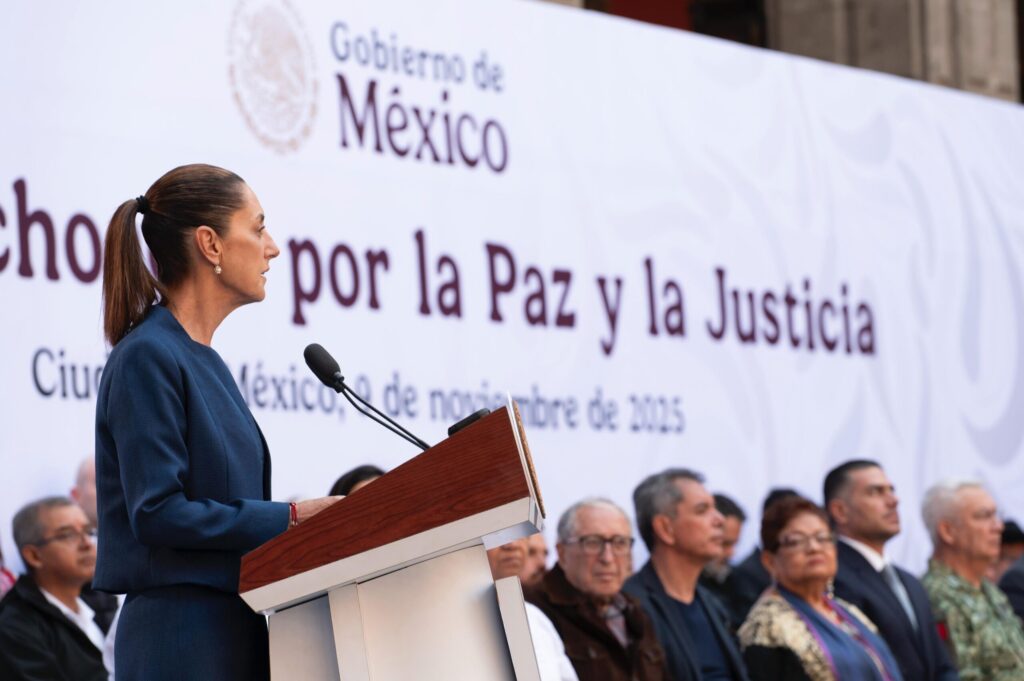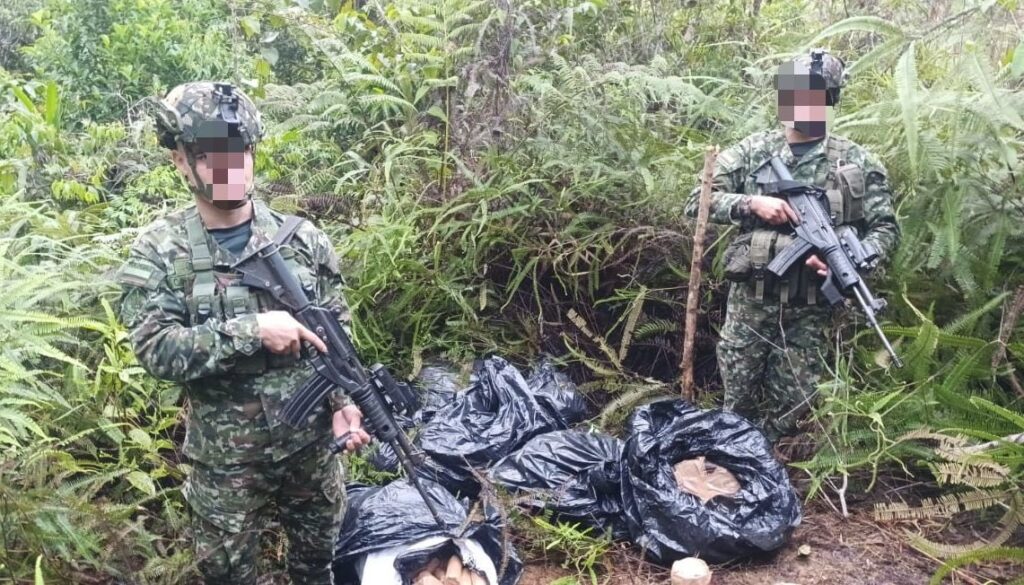Caracas, Venezuela — Venezuelans will head to the polls on July 28 for a controversial election to decide the country’s next leader, and ultimately, the direction it will take for the next six years.
Current President Nicolas Maduro’s ruling United Socialist Party of Venezuela (PSUV) has been accused by the opposition and international observers of manipulating the electoral system in his favor, including disqualifying leading opposition candidate Maria Corina Machado, restricting voting for some of the millions of Venezuelans who’ve moved abroad, and revoking an invitation for election observers from the European Union to come to Venezuela.
Maduro has accused the United States and Europe of meddling in Venezuelan affairs and enacting oil sanctions meant to cripple its economy, but last week, the socialist leader announced that his government would resume talks with the U.S. which include discussing free and fair elections.
Despite polls that put his main rival, Edmundo González Urrutia, far ahead, Maduro has survived many challenges to his government in his 11 years as president, including assassination attempts, sanctions, and other popular opposition figures like Juan Guaidó, who mounted an unsuccessful bid to establish a parallel government in 2019.
And his camp remains optimistic that Maduro can win in this month’s elections.
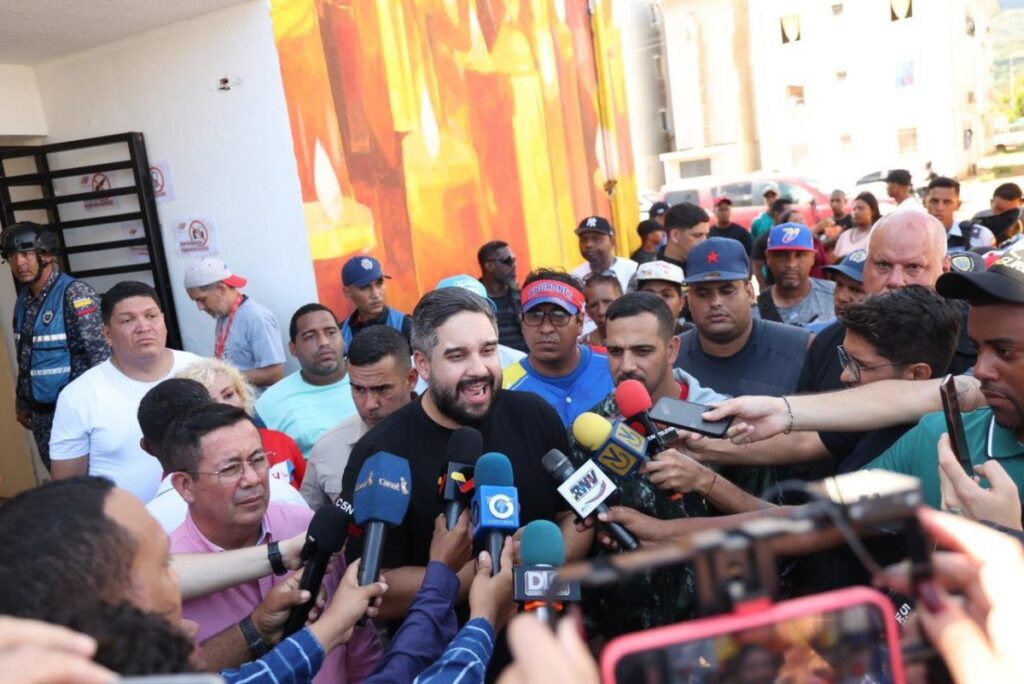
For another media outlet I report for in Argentina, I was invited to Caracas by the Venezuelan government to speak with some of its members ahead of elections.
Maduro’s son, 34-year-old Nicolás Maduro Guerra, was one of the officials I spoke to, who told me, “I see good chances for us in the election, we are working to consolidate the victory.”
“Nicolasito,” as he’s known, gained international attention after running for congress in 2020, and holds various positions within his father’s cabinet. Considering the elder Maduro’s penchant for consolidating power, the younger Maduro could emerge as the next generation of Chavismo leadership should his father succeed in upcoming elections.
I spent some time on June 30th with the younger Maduro and discussed topics including the political opposition, the U.S. and China, and how Maduro’s brand of Chavismo is trying to connect with Venezuela’s youth.
The below interview has been edited for length and clarity.
Latin America Reports: How are you seeing the electoral process overall [in Venezuela]? There’s accusations flying back and forth between the government and the opposition.
Nicolás Maduro Guerra: Without victimizing — because we are not victims, we are victorious — we are going into the elections with our hands tied. With more than $23 billion in blocked resources as a State.
In six years of government, Maduro stopped receiving $300 billion dollars, that is the account of the loss due to the blockade. And we stopped generating $600 billion GDP as a result of the sanctions and economic blockade.
There were months when nothing was sold, the boats stopped. We had to lower production because we had nowhere to store the oil because it wasn’t taken away.
Even so, we reached a 2024 that no one believed we could reach. In 2018 and 2019, with self-government proclaimed, no one in the world was betting that Maduro would arrive this far. And here we are. We’re up, doing work, building a country, the people are working.
I see the elections, well, we are working to consolidate the victory. We believe, we know and we are sure that we will win. It is not triumphalism, we know how to win elections by arming the people with consciousness, getting the votes, coordinating the machinery. Today’s [election drill] allows us to evaluate how the forces are organized.
LAR: How do you read the logic within the opposition? Because it doesn’t appear to be a uniform bloc, there are various lines. What do you think about how the opposition is thinking?
NMG: There are people in the opposition who believe in the country, but disagree with the criteria that we use. This opposition is “healing,” because they’ve come to understand that the path [to change] is through voting. They know that [Venezuela’s] electoral system is infallible…
I believe that that part of the opposition doesn’t want to portray itself beside the extremist and violent [parts of the opposition] that always prepare alternative scenarios and have never accepted democracy.
Then you have people in the opposition that are not their own masters. I’ve been a witness to the negotiating tables in Mexico and Barbados and I have witnessed that they had to consult with U.S. officials before any decision they made. They met with American ambassadors and have advisors from the United States on their teams.
When you are not the owner of your destiny, you cannot make your own decisions. They are tied to what the State Department, the Pentagon or the White House says, I don’t know. We don’t expect anything from them.
LAR: Speaking of the United States, how are you seeing the electoral process there? Mainly, the differences between Biden and Trump regarding Venezuela, taking into account that both administrations maintained and intensified sanctions.
NMG: Well, I think we don’t expect anything from the United States. What would we like? A relationship of respect. Two countries that respect each other. We’re a three-hour flight away, three days by boat for trade.
I respect the United States as a country and as a people, even when it decides strange things. It is a beautiful country, with culture and history, with a bloody past of murder of indigenous peoples.
It has power and should be an exemplary power. It should teach, should guide. And I think that’s what differentiates it from China, a China with its vision of greatness — and sorry for referring to China again, but it’s an inevitable comparison…
It’s a country with 1.4 billion people, with powerful industry, but in the end … Does China have interests? Of course they do, who doesn’t? But they see humanity as a whole, as a community with a shared destiny.
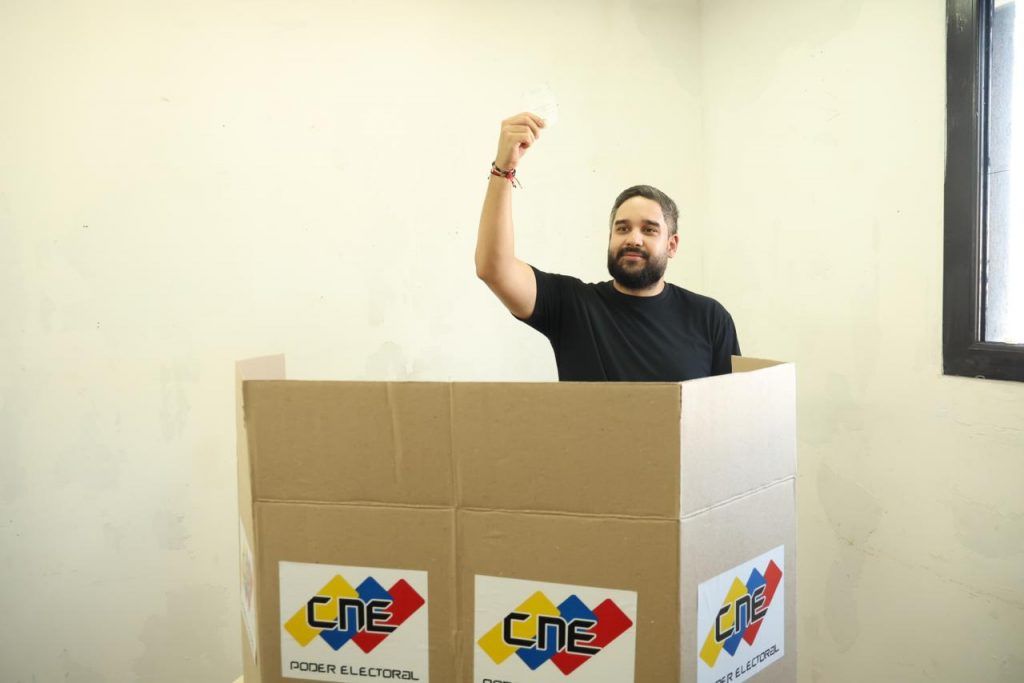
LAR: Earlier you mentioned that Venezuela must find its way to belong in the West. At the same time, in different parts of the world, we’re witnessing the rise of a phenomenon of anti-globalization nationalism. What do you think about this phenomenon that closes doors at a time when Venezuela may be looking to reconnect?
NMG: I’m going to get philosophical…
Humanity is advancing in a very large interconnection. One hundred years ago there were no airplanes, your horizon was the cities closest to you … Your highest relationship was that which you had with your country.
Now the world is smaller. In seven hours I could be in Buenos Aires, if there was a direct flight. In six hours I’d be in São Paulo. In nine hours I’d be in Madrid. In 13 hours I’d be in Moscow and in 27 hours I’d be in Beijing. Before it was impossible to think of China.
Look at Venezuela and South America in the West. It was colonized 300 years by the Spanish. It’s in front of the United States that had interests here. We have to locate ourselves within space and time. Where are we? Where do we belong? And where do we want to be?
And I believe that humanity itself is going to discard the phenomenon of nationalism.
I’m going to sound fanatical, but in China they found a model that puts family and community at the center. We share a planet, an environment, and common things. The younger generations are understanding that, and I feel that we will be a more united world and united humanity.
LAR: You’re a millennial. How difficult are the internal discussions within the PSUV between the generations of leaders?
NMG: So I joined the national leadership of the party in 2021, and a number of other younger people joined with me at that time as well. For example, Rander [Peña], who is Vice President of International Affairs.
They’ve granted us entry, not just the president, but many of the political leaders like [PSUV Vice President] Diosdado Cabello and [Vice President of Venezuela] Delcy Rodríguez, they’ve given access to the youth to make propositions and transformations.
Of course, there is always a debate. We see each other every Monday at the national headquarters. Diosdado gives us the right to speak, but he directs the debate.
He asks us, “What do you think of this?” and “What do you think of that?” Sometimes he tells us what to do and we do it.
We’re conscious of the unity [within the party], and I think that is what differentiates us from the opposition.
There is always a lot of debate, but when the leadership tells us “we have to do this,” we do it almost militantly. We’re very militant; like we’re soldiers. We’re very militant.


